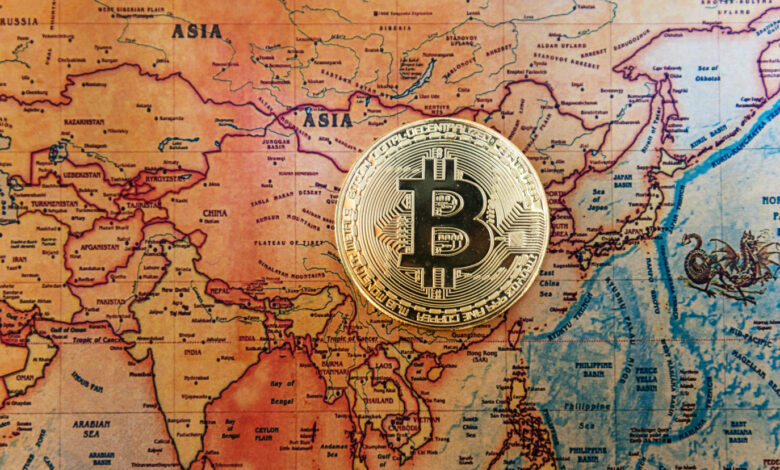Asian Regulators Outpace US in Cryptocurrency Regulations Amid Global Uncertainty

Asian regulators have taken the lead over the United States in clarifying cryptocurrency regulations, exemplified by Hong Kong granting its first licenses for trading platforms under the city’s new digital-asset framework, according to a Bloomberg report.
Hong Kong recently allowed mass-market trading after HashKey Exchange and OSL obtained permits that legalize retail trading of tokens, as part of the city’s ambition to establish itself as a global hub for virtual assets.
The crypto frameworks in Asia were put into effect around the same time, with Hong Kong implementing its mandatory crypto framework in June, Japan’s stablecoin law becoming operative, South Korea approving its first standalone digital-asset bill, and Indonesia planning a government-backed crypto exchange.
Asian regulators aim to learn from past challenges, such as the significant digital-asset market decline last year, and global bankruptcies, including the FTX exchange collapse, to create regulatory frameworks that protect investors while still being appealing to companies.
Angela Ang, a senior policy adviser at TRM Labs and a former regulator at the Monetary Authority of Singapore, pointed out that the industry might experience short-term challenges during this process of leveling up but could potentially achieve long-term benefits with a well-governed, productive crypto ecosystem in Asia through collaboration with regulators and investment in risk management.
On the other hand, the US faces a lack of clarity regarding crypto regulations due to conflicting court judgments, regulatory agency disputes, and disagreements over proposed laws. The European Union and Dubai have also established detailed crypto rulebooks, while China, despite banning crypto, experiences citizens flouting the prohibition.
Digital Asset Rules in Key Asian Jurisdictions
Hong Kong: Licensed crypto exchanges can trade with individuals and institutions, but retail investors are limited to larger coins like Bitcoin and Ether. The framework emphasizes risk assessment, insurance coverage, and asset custody. Stablecoins will require a mandatory licensing regime by 2023-2024.
Japan: Japan expanded its digital-asset regulations with the implementation of its stablecoin law, one of the first among major economies. The country has shown interest in supporting web3 firms, which envision a decentralized internet based on blockchain technology. Among Asian regulators, Japan has eased some crypto rules but remains generally strict.
South Korea: South Korea approved its first standalone digital-asset bill, defining virtual assets and imposing penalties for violations like market manipulation and unfair trading practices. The Financial Services Commission now oversees crypto operators and asset custodians, and the Bank of Korea has authority to probe such platforms.
Singapore: Singapore aims to become a productive blockchain hub by tokenizing real-world assets. However, they are also curbing retail-investor participation in crypto trading due to the history of high volatility in digital assets. The nation plans to require crypto exchanges to keep customer assets in a trust and considers banning lending and staking for retail investors.
Australia: Australia plans to consult on licensing and custody requirements for cryptoasset service providers. Some big banks have restricted access to crypto platforms due to scam risks.
Indonesia: Indonesia is revamping crypto trading by drawing inspiration from the stock market’s structure to mitigate risks exposed by the FTX collapse. The country plans to establish a state-backed crypto bourse, similar to stock markets, separating trading, clearing, and custody under official oversight.




